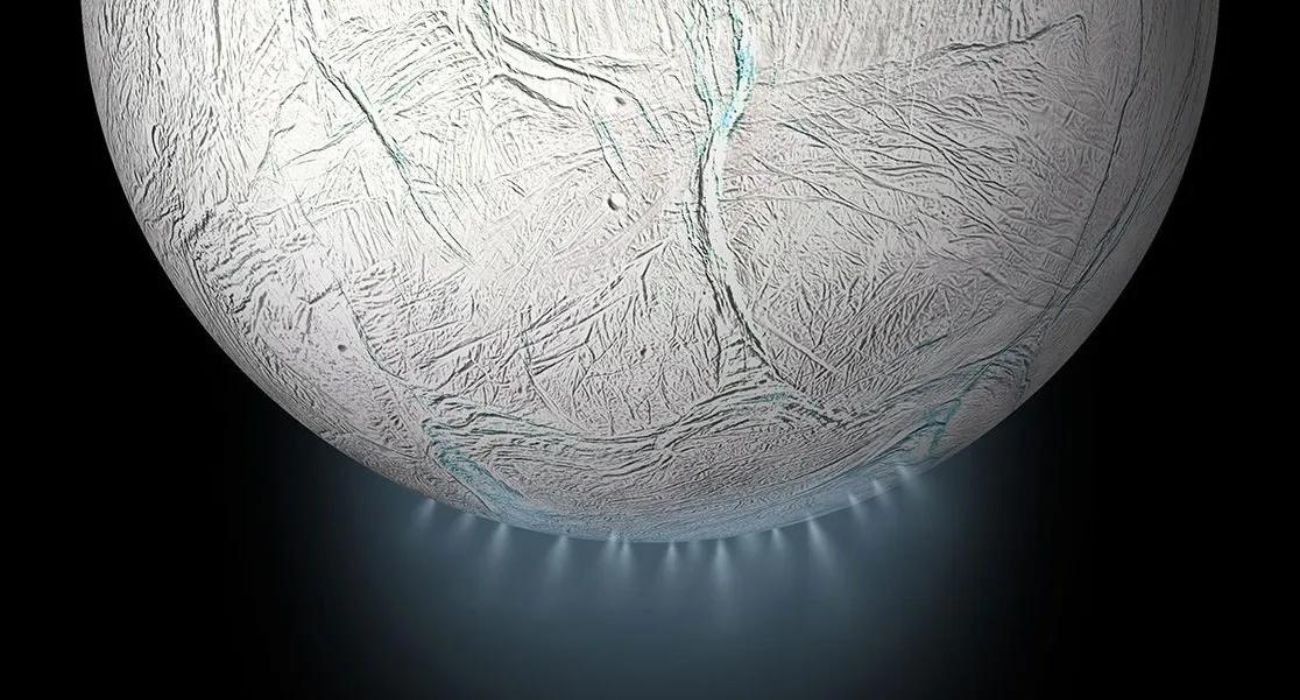Scientists have discovered yet another ingredient for life emanating from plumes of ejected material on Saturn’s moon Enceladus.
Researchers announced earlier this year that they had discovered phosphorus, an element essential for life, amongst other substances in the plumes emanating from the surface of Enceladus, as previously reported by The Dallas Express.
Further analysis of the content of the plumes has led to the discovery of additional essential elements, including hydrogen cyanide. A new study published in the journal Nature Astronomy on Thursday revealed the findings, which were based on data collected by the ion and neutral mass spectrometer on NASA’s Cassini spacecraft.
“The researchers also uncovered evidence that the ocean, which is hiding below the moon’s icy outer shell and supplies the plume, holds a powerful source of chemical energy. Unidentified until now, the energy source is in the form of several organic compounds, some of which, on Earth, serve as fuel for organisms,” reads a press release from NASA.
Jonah Peter, a doctoral student at Harvard University and lead author of the study, described the discovery of this compound as “exciting because it’s the starting point for most theories on the origin of life.”
“Our work provides further evidence that Enceladus is host to some of the most important molecules for both creating the building blocks of life and for sustaining that life through metabolic reactions,” said Peter. “Not only does Enceladus seem to meet the basic requirements for habitability, we now have an idea about how complex biomolecules could form there, and what sort of chemical pathways might be involved.”
Researchers believe that the amount of oxidized organic compounds present and the subsequent energy that must have been released also point to the moon’s habitability.
“If methanogenesis is like a small watch battery, in terms of energy, then our results suggest the ocean of Enceladus might offer something more akin to a car battery, capable of providing a large amount of energy to any life that might be present,” said Kevin Hand, co-author of the study, according to NASA. Methanogenesis refers to “an anaerobic respiration that generates methane as the final product of metabolism.”
While scientists cannot answer if life could originate on the moon, they plan to use this data to test potential pathways in a lab setting.






